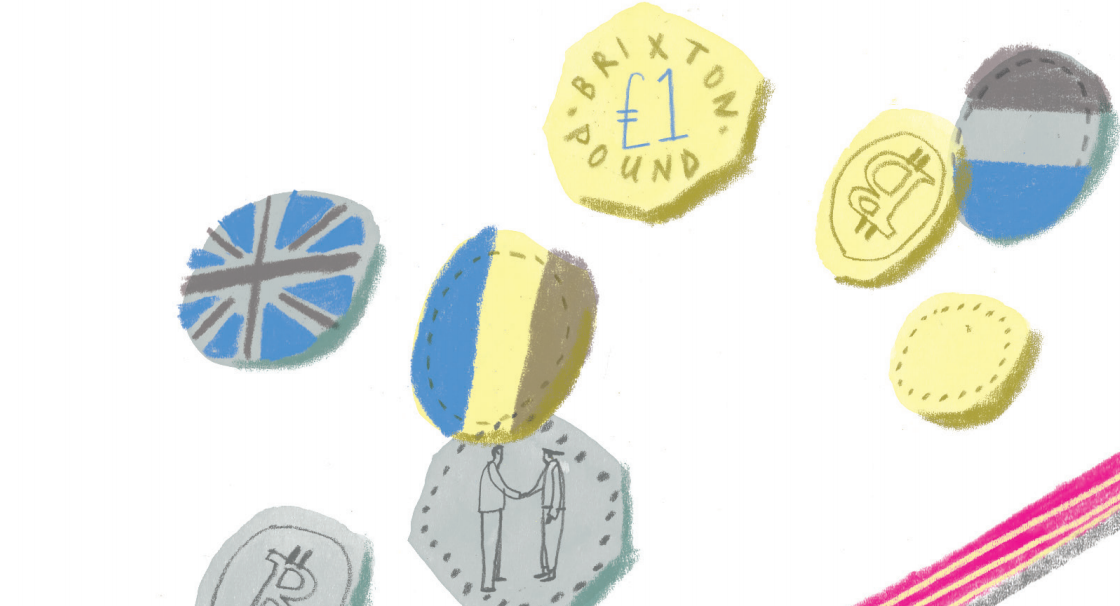NEF Review of the Year 2014 – 2015
03 December 2015
The world may be changing at a rapid pace but NEF’s mission remains clear: to kick-start a new, sustainable economy with fresh thinking and on-the-ground action.
All the evidence – whether it’s climate victories in European courts, prominent business owners backing shorter working hours, or MPs debating money creation for the first time in 170 years – shows we’re making progress. And NEF is at the forefront of this positive change.
Breaking the news
The vast majority of the UK public still prefer to get their news from national TV and radio. For those of us pushing for a new kind of economics, we need the media to make our voices heard, and NEF’s experts have never been more in demand.
But we want to do more than put forward our latest research. We want to transform the increasingly stale news agenda. And even as we work to turn the page on old news, NEF is harnessing the power of digital communications to reach new audiences directly.
The true cost of our food
This year we took a closer look at what’s on our plates to uncover the true cost of the UK’s food system. What we found was shocking.
Totalling up the side-effects – obesity, pollution, and more – at £26 billion, our food costs us all an extra 28% on top the amount we pay at the till. But we know this unhealthy and unsustainable mess is simply more evidence of a wider problem – an economic system that has lost its way.
People powered money
Money is a tool that should be working for us, not the other way around. But in 2008, the financial crisis proved that the conventional monetary system was actually working against the best interests of our society and the economy.
This year we published People Powered Money – the ultimate step-by-step guide, unravelling the mysteries behind our every-day understanding of money, and outlining how local communities can kick-start their own currencies.

The future of social security
We live in a changed world, but the fundamental challenge remains the same ‒ how to achieve the best for ourselves and others, while protecting the environment on which we all depend.
This year, NEF launched its proposals for a new social settlement. It builds on the strengths of the post-war settlement, and sets out ways of tackling our distinct twenty-first century problems. It proves it is possible to meet the needs of today without compromising the ability of future generations to do the same.
A banking system fit for purpose
Seven years on from the global financial crisis and not enough has changed. This year, our Financial System Resilience Index placed the UK bottom of the league table when comparing how vulnerable G7 economies are to another crash.
Meanwhile, as the government began a reckless sell-off of the publicly owned Royal Bank of Scotland, our proposal to turn RBS into a network of 130 truly local banks made headlines and more than 100,000 people signed our petition urging George Osborne to rethink.
Putting new economics into practice
A strong, sustainable national economy needs a network of thriving local economies to support it. And this year we found proof that the foundations for a new economy are already in place.
Our next job is to build on them, with the help of local communities. Together, we’re developing the skills and economic strategies to effectively tackle even the most deep-rooted issues.
Wellbeing works
The government has been keeping track of the nation’s wellbeing since 2011, and at NEF we’re proud to see years of research and campaigning on this issue has made a real difference.
But measuring what matters is only the beginning. This year, we reached out to the public and discovered the issues that affect how well they feel their lives are going.
Time to take down inequality
Spiralling economic inequality is one of our biggest challenges. The gap between rich and poor continues to grow, and too little is being done to stop it.
This year, as the wealth of the top 1% surpassed that of the bottom 50% in the UK, we kept the issue on the agenda and drew up a five-point plan of action.

Topics Banking & finance Climate change Energy Fisheries & farming Housing & land






